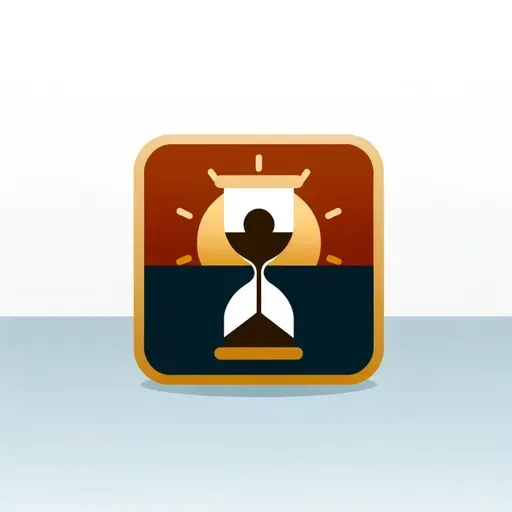
11 October 2025
Carpe Diem Decoded: How an Ancient Roman Phrase Can Transform Your Approach to Life and Living
Carpe diem
About
Welcome, listeners. Today we're diving deep into one of history's most powerful philosophical phrases: carpe diem.
The phrase comes to us from the Roman poet Horace, who wrote it around 23 BCE in his work Odes. The full line reads: "Carpe diem, quam minimum credula postero," which translates to "Seize the day, put very little trust in tomorrow." But here's what most people miss: carpe diem isn't actually about reckless abandon or living like there's no tomorrow. According to philosopher Nick Riggle's book This Beauty: A Philosophy of Being Alive, it's fundamentally about trust. When we lessen our trust in the future, we can redirect that trust toward the present moment and its inherent value.
The literal translation is even more revealing. Carpe means to pluck or gather, like picking ripe fruit. Latin scholar Maria Marsilio explains that it's a horticultural metaphor, evoking the sensory experience of gathering ripening flowers or fruits at their peak. This suggests savoring what's right in front of us rather than frantically chasing achievement.
Here's the beautiful paradox: embracing carpe diem doesn't mean abandoning long-term planning. The Stoic philosopher Seneca offered his own interpretation, suggesting we welcome each day as the very best day of all and make it our own possession. This requires conscious choices aligned with our true values, not impulsive decisions we'll regret tomorrow.
In practice, this philosophy appears in unexpected ways. Some people seize the day through career changes later in life, others through prioritizing meaningful connections over digital distractions. It might mean advocating for causes that matter to you or simply relishing simple moments: the warmth of the sun, laughter with loved ones, or a perfect meal.
The challenge lies in balance. We must acknowledge that tomorrow exists while refusing to let anxiety about the future rob us of today's beauty. When we fixate solely on future achievements, the present becomes merely a stepping stone that disintegrates beneath our feet. But when we trust in the present moment's value, we return ourselves to the world and find ourselves truly at home in it.
So the question becomes: which moments will you choose to seize?
This content was created in partnership and with the help of Artificial Intelligence AI
The phrase comes to us from the Roman poet Horace, who wrote it around 23 BCE in his work Odes. The full line reads: "Carpe diem, quam minimum credula postero," which translates to "Seize the day, put very little trust in tomorrow." But here's what most people miss: carpe diem isn't actually about reckless abandon or living like there's no tomorrow. According to philosopher Nick Riggle's book This Beauty: A Philosophy of Being Alive, it's fundamentally about trust. When we lessen our trust in the future, we can redirect that trust toward the present moment and its inherent value.
The literal translation is even more revealing. Carpe means to pluck or gather, like picking ripe fruit. Latin scholar Maria Marsilio explains that it's a horticultural metaphor, evoking the sensory experience of gathering ripening flowers or fruits at their peak. This suggests savoring what's right in front of us rather than frantically chasing achievement.
Here's the beautiful paradox: embracing carpe diem doesn't mean abandoning long-term planning. The Stoic philosopher Seneca offered his own interpretation, suggesting we welcome each day as the very best day of all and make it our own possession. This requires conscious choices aligned with our true values, not impulsive decisions we'll regret tomorrow.
In practice, this philosophy appears in unexpected ways. Some people seize the day through career changes later in life, others through prioritizing meaningful connections over digital distractions. It might mean advocating for causes that matter to you or simply relishing simple moments: the warmth of the sun, laughter with loved ones, or a perfect meal.
The challenge lies in balance. We must acknowledge that tomorrow exists while refusing to let anxiety about the future rob us of today's beauty. When we fixate solely on future achievements, the present becomes merely a stepping stone that disintegrates beneath our feet. But when we trust in the present moment's value, we return ourselves to the world and find ourselves truly at home in it.
So the question becomes: which moments will you choose to seize?
This content was created in partnership and with the help of Artificial Intelligence AI